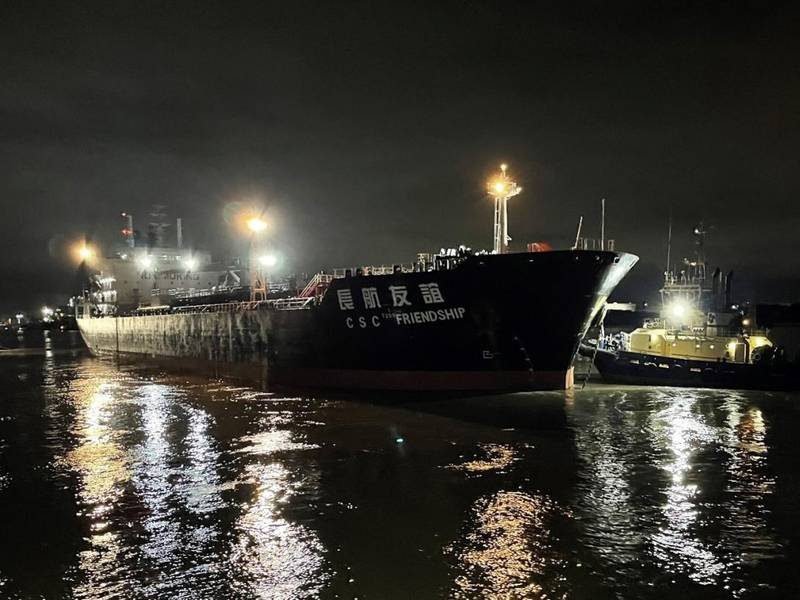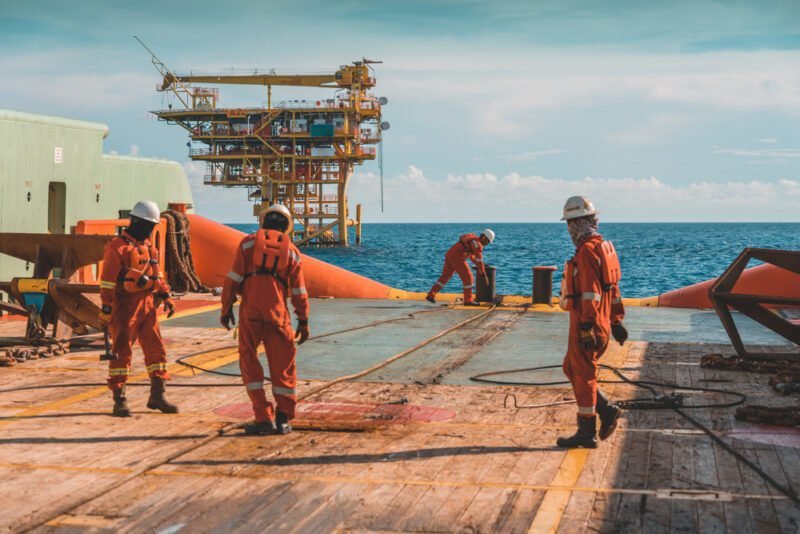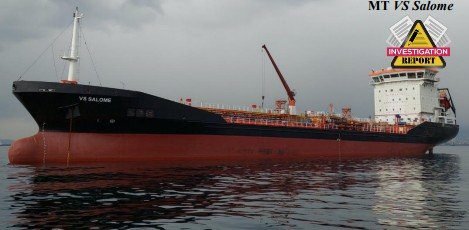The oil tanker grounding incident in the Brisbane River in February 2022 highlighted the importance of clear emergency and risk management arrangements, as per the Australian Transport Safety Bureau (ATSB) investigation report. During heavy rainfall and flooding, the Hong Kong-flagged oil products tanker CSC Friendship was berthed at the Ampol products wharf in the Port of Brisbane. Despite warnings and exceeding mooring limits, the ship remained at the berth, leading to a breakaway and grounding downstream.
The ship, loaded with petroleum products, broke its mooring lines and grounded 400 meters downstream. Efforts to refloat the ship led to it grounding again near Clara Rock. The ATSB emphasized the need for well-defined emergency and risk management arrangements in dealing with dynamic weather hazards. The investigation also found that Maritime Safety Queensland lacked structured risk management processes, prompting significant changes in operations and systems post-incident.
Safety actions were taken by Poseidon Sea Pilots and Ampol in response to the incident. Poseidon Sea Pilots implemented procedures to manage risks associated with increased river flow, while Ampol conducted an incident investigation and developed operational limits and response actions for varying conditions. Despite these actions, the ATSB issued a safety recommendation to Maritime Safety Queensland to further improve their risk management processes and procedures for emergencies. The incident underscores the need for proactive measures to ensure the safety of ships and port infrastructure during adverse weather conditions.









